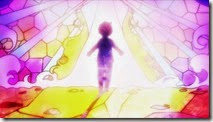 |
 |
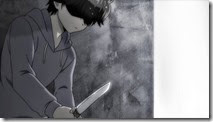 |
Damn, talk about a mood shift…
Gaworare is certainly an interesting series. I’m hard-pressed to think of another show – not just this season but for a good many seasons going back – that’s capable of such extremes of mood. And it isn’t simply a matter of doing that for its own sake – Gaworare is pretty good at both the screwball comedy and the drama. What really impresses me is that when the series goes really dark, it’s genuinely creepy, unsettling and fills you with a deep sense of foreboding. Having a director like Watanabe Ayumu certainly helps the cause, but there’s something in the writing that can carry that weight.
If last week’s was one of Gaworare’s funniest episodes, this one was certainly a candidate for the darkest. It’s probably my favorite among all the “plot” episodes so far, because it did a nice job setting the tone from the first moments and never wavered from it, and the exposition was engaging enough so that I never really missed the comedy (as I usually do with this show). There was a few small bits and pieces of fluff – Megumu in a wedding dress proclaiming “now I can never be a bride!” mainly – and Hakua’s speech pattern is a constant reminder of absurdity, but for the most part this one put the foot on the angst pedal and never really let up.
It now seems as if Bladefield is at the center of the mythology that underpins the entire plot, and more than ever that Souta is fated for a tragic end if things are allowed to follow their prophesied path. The Council of the Seven Virtues exists as a real thing in this place (which it must be pointed out is a living embodiment of the Japanese idea of a fairy-tale European Kingdom), and the Kingdom’s origin story appears to be a mirror of Souta’s own life. That origin story ends with the heroic boy at the heart of the tale surrendering the magic that could have saved his life in order to resurrect the two princesses that gave their lives in defending the world from demons. In gratitude, his spirit was embodied in a flag, which Bladefield still honors.
There’s a lot more going on than just that (this was a very busy episode) – the man Nanami and Hakua (whose names translate as roughly “Seven” and “Eight”, though they’re the 13th and 14th Princesses) thought was their father turns out to have been their grandfather, and he’s just died. And the man who succeeds him, who the two Princesses assumed was their brother, is in fact their father. And the Council of Seven Virtues – more specifically “Number 0” – was the one who ordered the assassination attempt, and she seems determined that Souta see out his role in the story till its (and his) end.
Would a series that can be as frivolous as Gaworare really allow the main character to meet such a fate? It’s tempting to say no but this show is most definitely a square peg, so there’s a kind of bracing uncertainty to the experience of watching it. For a show that’s comprised mostly of the most obvious LN and templates imaginable it’s surprisingly difficult to pin down, which I suppose comes as close as anything to personifying what makes it interesting. Souta’s story – the looming death flag, the crushing burden of survivor’s guilt he carries – seems way too grim to co-exist with the rest of Gaworare, but that it does so in spite of that is reason enough to keep watching.
 |
 |
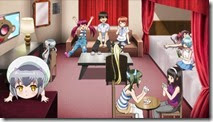 |
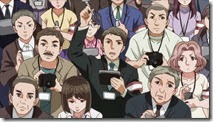 |
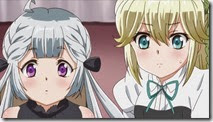 |
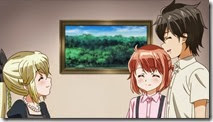 |
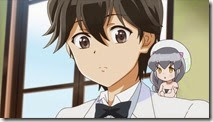 |
 |
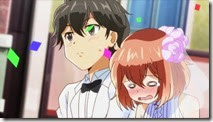 |
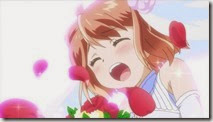 |
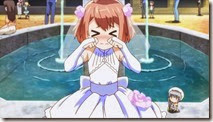 |
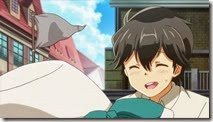 |
 |
 |
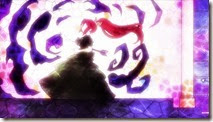 |
 |
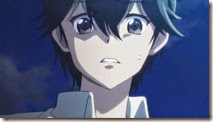 |
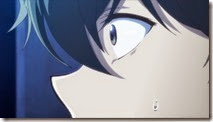 |
 |
 |
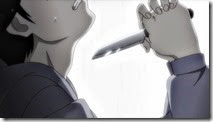 |


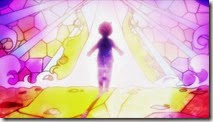
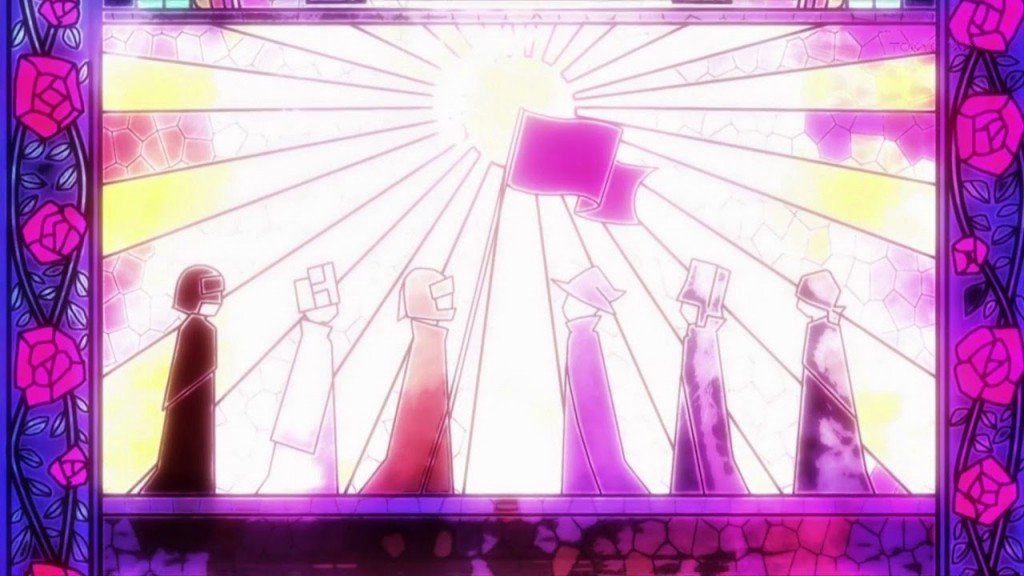
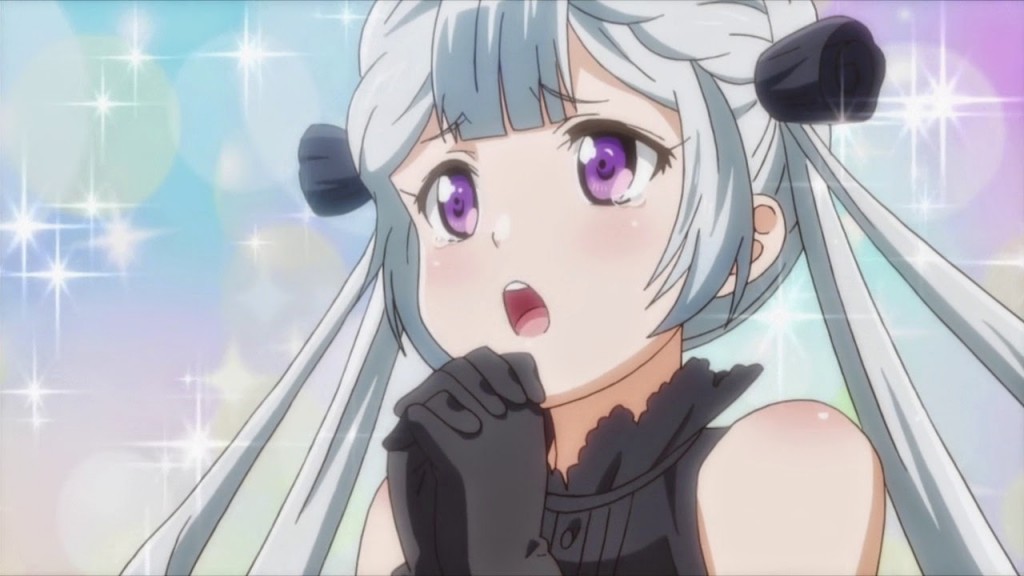
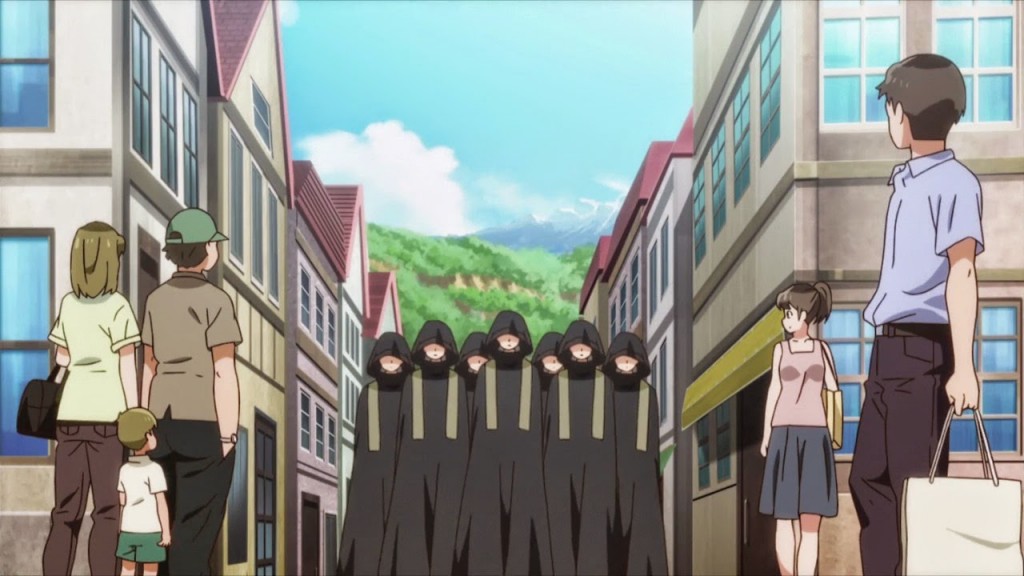
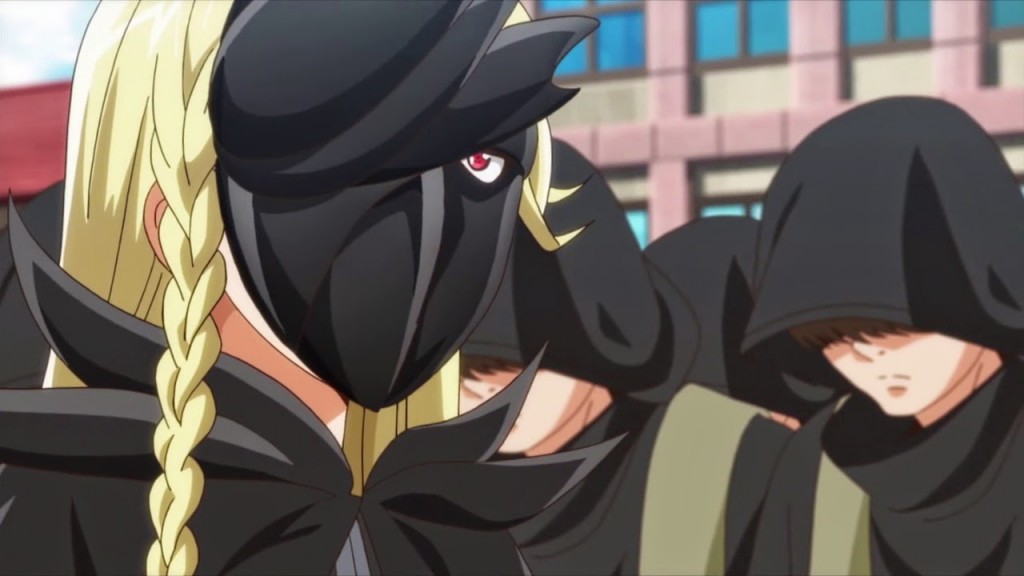
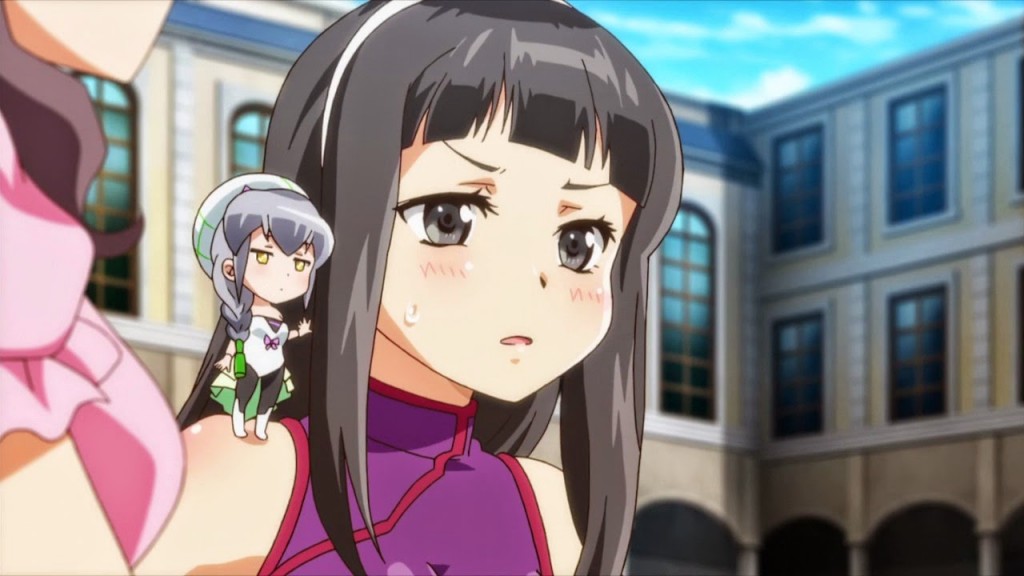


Everaldo Júnior
June 3, 2014 at 1:55 pmAnd the anime finally reached the chapters scanlated until now. This episode was a little different of the similar chapter, but the result are the same.
whemleh
June 3, 2014 at 5:18 pmThe setting for this episode, combined with the character designs makes me think the staff could do a great medieval fantasy..
I thought this one probably struck the best 'balance' between funny and serious, and the story of the princesses was expertly staged. Really good work there.
Zeta Zero
June 4, 2014 at 11:31 amUnfortunately that is the standard for Fantasy these days.